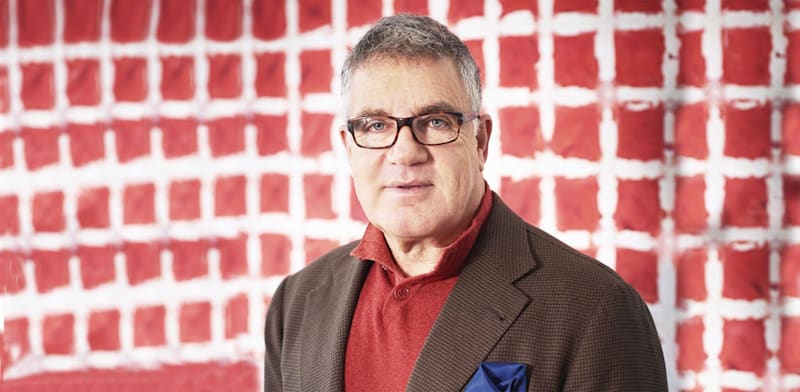ARTICLE AD BOX
Exclusive: AE will pay up to $900 million for the Israeli company in which former Prime Minister Ehud Barak has a stake.
Exclusive: US private investment firm AE Industrial Partners is acquiring Israeli cyberattack company Paragon Solutions, sources close to the matter inform "Globes." Paragon was founded by the former commander of the IDF 8200 intelligence unit Brig. Gen. (res.) Ehud Schneorson, together with former Prime Minister Ehud Barak. AE will pay an estimated $900 million - half in cash and half in future milestone payments.
The immediate payment of $450 million will be divided between Paragon's 400 employees (20%), and the company five founders (30%). Schneorson, who serves as chairman, CEO Idan Nurick, and Igor Bogudlov, Liad Avraham, and Liran Elkayam. The other half of the amount will go to investors US venture capital fund Battery Ventures and Israeli venture capital fund Red Dot, which last week saw another portfolio company - cybersecurity company Perception Point - acquired for an estimated $100-200 million.
Ehud Barak is estimated to own several percent of Paragon worth $10-15 million pre-tax. His involvement in the company as one of the entrepreneurs had raised concerns with the buyers that Israel's ruling echelon would not approve the deal for political reasons due to its hostility to Barak. Paragon works under close supervision of Israel's Ministry of Defense, which in the past opposed the sale of cyberattack company NSO Group to US defense company L3 for security reasons. As far as is known, the Paragon deal was not even looked at by the political echelon and was approved by senior Ministry of Defense officials several weeks ago.
AE, "Globes" has learned, will merge the Israeli company into its portfolio cyber company REDLattice - a defense integrator, which establishes custom-made projects for the US Department of Defense and English-speaking countries. The deal will allow Paragon to expand its market footprint in countries like the UK and Ireland, Australia, New Zealand and Canada as well as the US. Sources tell "Globes" that Paragon will continue to operate in Israel as an Israeli company but the deal includes a clause allowing it to export cyberattack technology to the US.
The US fund's takeover of Paragon echoes similar cyber deals that have been conducted in Israel in recent years: In the past, US private equity fund Francisco Partners controlled it. Eran Gorev, a partner at Francisco Partners and former NSO CEO, invested in Paragon when the company was founded. However, Gorev will not benefit from the exit if the deal is completed because he sold his shares years ago.
RELATED ARTICLES
According to IVC Research, $30 million was invested in Paragon Solutions in the early 2020s.
Paragon has developed software capable of extracting data from encrypted apps
Paragon has developed Trojan horse software called Graphite that can extract data from encrypted messaging apps like WhatsApp, Facebook Messenger, Signal and Telegram. Unlike other Israeli cyberattack companies like NSO and Candiru, Paragon Solutions was founded with US investment for the outset in order to operate only in 34 countries defined as democratic in coordination with the security authorities and local legal systems with minimal use of invasion of privacy.
In contrast to NSO’s Pegasus software, Paragon’s software does not take pictures of the user with their phone's camera, and as far as is known, does not use the phone's microphone, but only records voice conversations in the chat applications. The company began selling its products in the US about two years ago and its customers include the US Drug Enforcement Administration (DEA) and security authorities in Singapore, where, according to a report on the Intelligence Online website, it has replaced technologies of Israeli companies blacklisted in the US.
Published by Globes, Israel business news - en.globes.co.il - on December 16, 2024
© Copyright of Globes Publisher Itonut (1983) Ltd., 2024

 1 week ago
37
1 week ago
37








 English (US) ·
English (US) ·